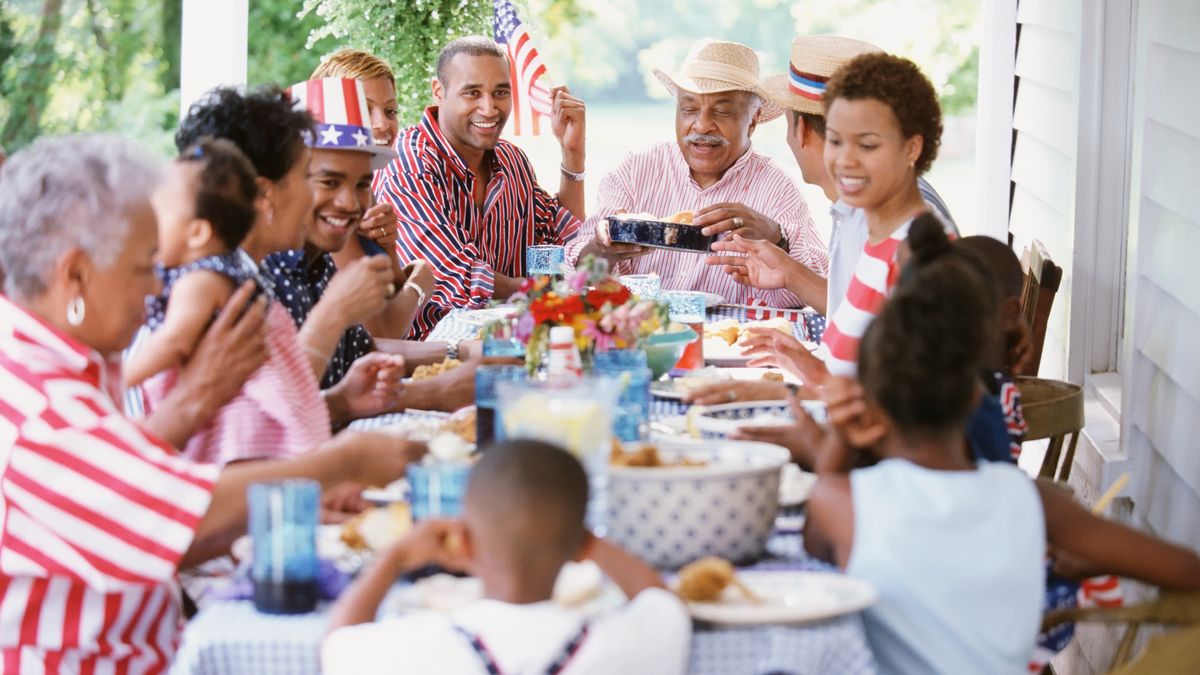Overview:
Americans celebrate and save local tongues and dialects through different social, instructive, and local area drives:

Social Celebrations and Occasions: Numerous areas have social celebrations that celebrate nearby tongues and dialects. Occasions frequently highlight narrating, music, verse readings, and exhibitions in the neighborhood vernacular, featuring the novel phonetic legacy.
Instructive Projects: Schools and colleges offer courses and projects zeroing in on territorial tongues and dialects.
Neighborhood Media and Distributions: Papers, radio broadcasts, and TV programs in various districts frequently produce content in nearby tongues. This incorporates news communication, television shows, and print articles that reflect local discourse examples and jargon.
Local area associations: Different people group associations and clubs are committed to safeguarding provincial vernaculars and dialects. These gatherings coordinate gatherings, studios, and get-togethers where individuals can talk in their local tongues and offer social customs.
Oral History Tasks: Oral History projects gather and file stories, meetings, and discussions from local area individuals talking in provincial vernaculars. These chronicles act as significant assets for people in the future and for specialists concentrating on semantic variety.
Abstract Works and Distributions: Writers and artists frequently write in territorial vernaculars, catching the exceptional sounds and articulations of their nearby discourse.
Computerized Stages and Online Entertainment: Web-based entertainment and advanced stages give new chances to individuals to share and celebrate provincial vernaculars. Online people groups, web journals, and video channels center around semantic highlights, giving a space to individuals to interface and learn.
Language Documentation and Exploration: Etymologists and scientists work to archive and examine territorial lingos and dialects. Their examinations add to a more profound comprehension of semantic variety and support endeavors to save jeopardized lingo.
Government and Institutional Help: A few state and neighborhood legislatures support drives to safeguard local lingos and dialects through awards, social legacy programs, and instructive strategies that advance etymological variety.
Read more: How do Americans celebrate regional food festivals and culinary traditions